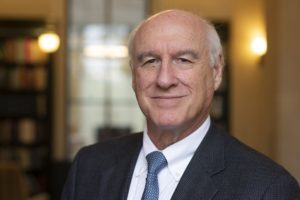Health risks and the aging LGBT community
Older LGBT adults have higher rates of cardiovascular disease, depression and disability than other population groups, according to a study on the health and aging of lesbian, gay, bisexual and transgender older adults in the United States.
The study, published in The Gerontologist, also explored the subtle but intrinsic relationships between life events and health, including the effects on mental health, social isolation, alcohol consumption and engagement in wellness.
“The insights gleaned from this study of aging among LGBT older adults can deepen our understanding of the richness, diversity and resilience of lives across the life course,” said Prof. Karen Fredriksen-Goldsen, director of the University of Washington Healthy Generations Hartford Center of Excellence and the study’s lead investigator, in a university article. “As we move forward in aging-related research, services and policies, it’s important to understand that these communities are diverse, and that unique groups face distinct challenges to their health.”
Funded by the National Institute on Aging, the research will help develop community-based interventions to improve the health and well-being of at-risk LGBT older adults. The study is the first of its kind to focus solely on a longitudinal look at the LGBT population after age 50.
Approximately 2.7 million adults age 50 and older self-identify as lesbian, gay, bisexual or transgender. Some estimates project the number could double by 2060.

Pamela Tabar was editor-in-chief of I Advance Senior Care from 2013-2018. She has worked as a writer and editor for healthcare business media since 1998, including as News Editor of Healthcare Informatics. She has a master’s degree in journalism from Kent State University and a master’s degree in English from the University of York, England.
Related Articles
Topics: Articles











